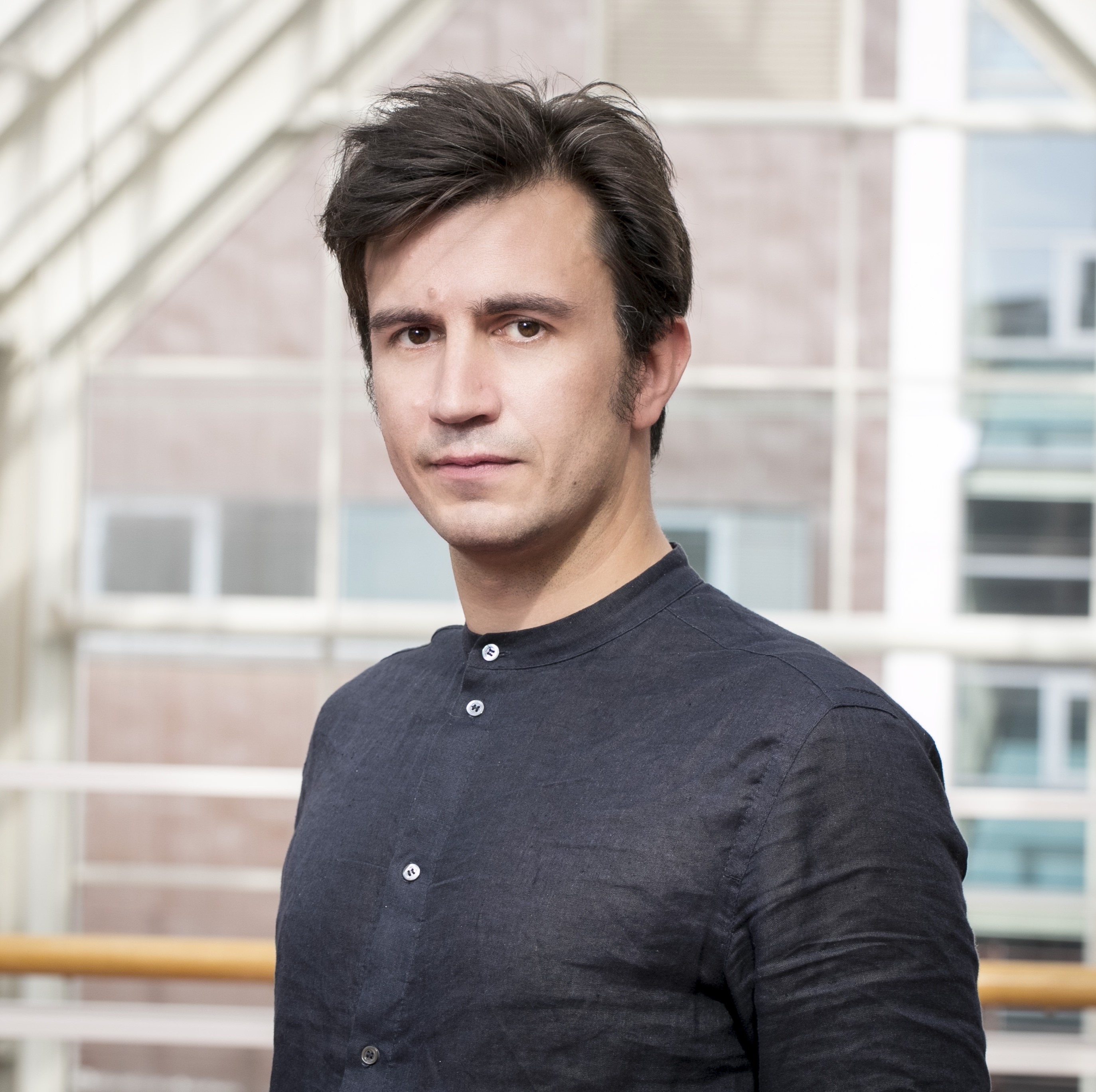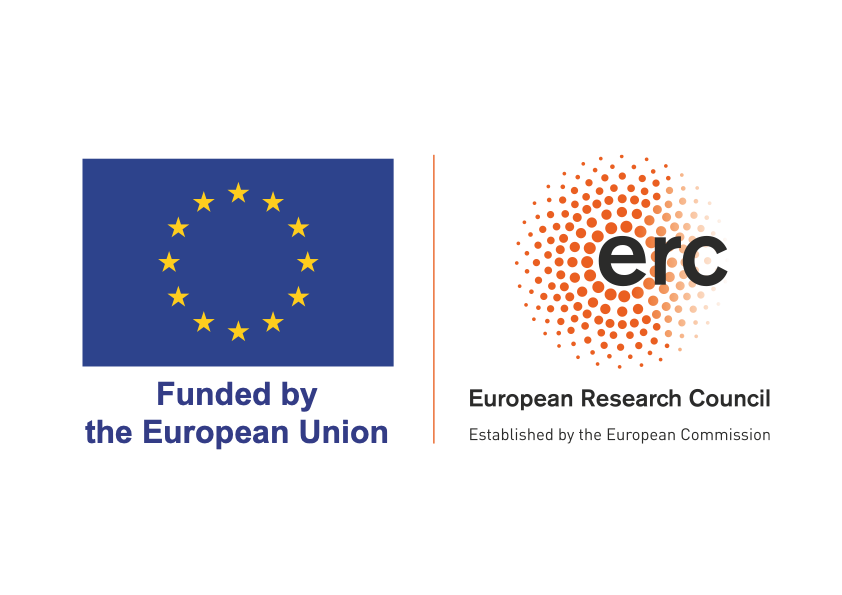

Patrick Lansley
National Contact Point (NCP)
Horizon Europe ERC Social Scientific & Humanities (SSH)
Irish Universities Association

European Research Council – 2023 Work Programme
Outcomes of the recent ERC Advanced Grant represented the final outcomes from the ERC 2023 Work Programme, meaning that now is a good time to take stock of results.
2023 was another strong year for Ireland in ERC competitions, with a total of twenty two awards being made across all ERC competitions resulting in a drawdown to Irish Universities of just under €36 million.
The call remains extremely competitive, with overall success rates* of 14.35%. Ireland’s rate came in below this, at 9.22%, though it has been improved by applications being promoted from the reserve list. So although Ireland has had considerable success in the scheme, there is still scope to improve with the right supports for our researchers in place.
Awards received cover a wide range of disciplines and evaluation panels, with projects funded that address new ways in which to detect early forms of life in fossils, new models to understand social polarisation, and understanding of the importance of what was (and was not) written in ancient Mesopotamia. We were delighted that two Synergy awards were made featuring researchers from UCD, doubling the number of Synergy grants received in Ireland to date.
* Success rates and application figures refer to StG, CoG and AdG at point of initial outcomes only. Total awards and drawdown also include SyG and PoC. Transfers in and out, and upgrades from the reserve list may affect figures over time.
European Research Council – what the future holds
The 2024 Work Programme is the first to see the UK fully associated back into the fold. Although this will lead to increased competition, it also means that there will be more funding to go around, and so it is expected that success rates will remain reasonably consistent with what has gone before.
The first group of interviews for ERC grants under the 2024 work programme were held in June. It was a great privilege to be able to support preparations for the AHSS cohort, hearing their ideas through rehearsal interviews, and being able to call on a wonderfully supportive collection of reviewers from Ireland and further afield.
The final call of the 2024 Work Programme – Advanced Grants – has its deadline at the end of August. This will be the first call where a Lump Sum approach to budgets will be implemented. Applicants should take advantage of ERC guides, webinars and other resources, and also start early to make sure there is time to iron out any problems.
ERCEA continue to monitor the use of DORA compliant approaches to assessment, that prioritise qualitative approaches over metrics such as impact factors, H-indices and so on. The early anecdotal indications are that they work well, but they need to wait for more proposals to work through the system to be sure of the benefits.
Finally – there is concern that the amount of funding for each award hasn’t risen since the ERC’s inception in 2007. This is unlikely to increase over the next couple of years as they strive to maintain success rates, however it remains a priority for Framework Programme 10, and we encourage stakeholders to press the European Commission to prioritise funding for fundamental research within any fora available.